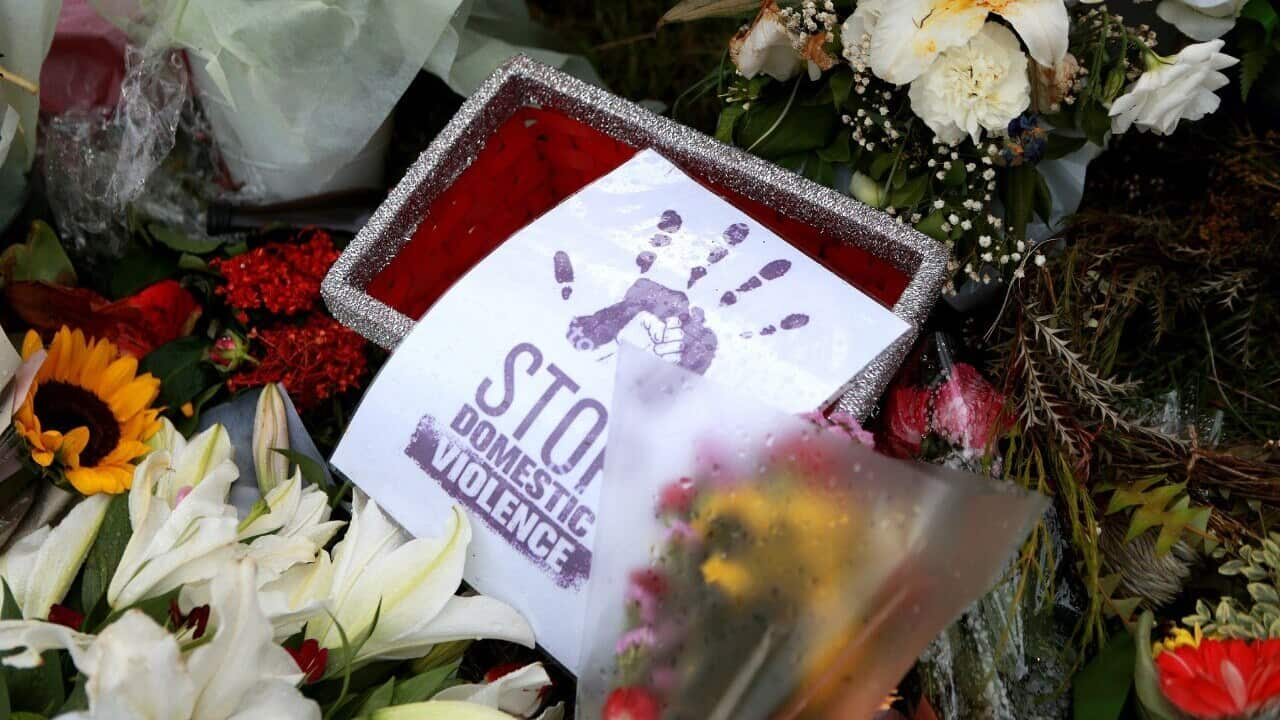If you were to ask me how to address the issue with violence in Indigenous Australian communities, we’d have to sit for a while to yarn about all the complexities. The issue is bigger than many may realise. Through the research I have conducted, there are factors that are often overlooked that requires specific attention and there are the immediate and obvious needs.
On Thursday night, NITV program, The Point, provided a space where violence in our communities was discussed by people working on the front line, survivors and researchers, all of whom discussed various aspects of the issue. This is the first time that I am aware, that violence in our communities has had lengthy airtime, along with multiple voices being present. This is a great start.
We need to the pull off the covers of shame about violence and normalise the discussion, not tell people to keep things quiet. Violence is often left unspoken which traps the victim-survivors in a place of having to ‘prove’ their reality to the outside world. As a community we need to hear the experiences of survivor-victims, witnesses and people who perpetrate violence, as well as employees in front line service delivery and researchers to develop ways forward. Violence is everyone’s business and we need everyone to do their part in tackling the issue.
We need to the pull off the covers of shame about violence and normalise the discussion, not tell people to keep things quiet.
Violence doesn’t discriminate between gender or ethnicity: it can happen to anyone. However, in the latest report on the health impacts of family, domestic and sexual violence, hospitalisation data identifies that Indigenous women and girls over the age of 15 are 34 times more likely to be hospitalised for family violence than non-Indigenous women and girls. Indigenous men are 32 times more likely to be hospitalised for family violence as non-Indigenous men. Over 77 per cent of the 6,800 hospitalisations of Indigenous Australians was related to violence .
So how do we address the issue of violence in our communities?
First of all, we hold space and provide a safe environments to talk about it. We bring it out from the shadows to discuss what it is, how it impacts our communities and families, along with acknowledging the voices of those involved.
Secondly: services that can respond to community need who are proactive, holistic and comprehensive, with service provision that wraps around the individual or family. These services need to be confidential, culturally and trauma informed, and that can provide accessible referral pathways, to support the victim survivor and other specialised services targeting the person perpetrating the violent behaviour.
The complexity of violence in our communities is further burdened by state based violence, through the systems and structures that contain Indigenous Australians. It would be remiss of me to not speak of this complex environment that perpetuate another form of violence. We are familiar with the fact that Indigenous women do not seek assistance in times of crisis due to the risk of children being removed. We must also acknowledge the structural and systemic forms of violence imposed upon Indigenous people.
Before the social commentator spruiks the ‘woke warrior’ and ‘victim brigade’ narrative, as pointed out on The Point last night, there are multiple organisations and community members who provide services to the community and do so on very little resources. Such services include in New South Wales and in Victoria, as well as non-Aboriginal services.
In addition to the interpersonal violence experienced in the community, we continue to witness systemic and structural violence being inflicted on Black bodies through the harm caused by racist policies, negligent acts, or omissions in service delivery by employees of the system. Repeatedly, there is an absolution of culpability along with connection to the deaths of Indigenous people within these systems.
As can be seen in the multiple coronial inquiries, there is a severe and ongoing lack of duty of care by the system and its employees, with contributing factors that lead up to the events or are in connection with an Indigenous death within these systems. Often examinations are marred by botched investigations, state employees investigating themselves, along with coronial inquests that put forth an ongoing and discursive narrative that leads back to racist systems, that maintain social injustice, and thus the lives of Indigenous families continue to be torn apart.
While ever there continues to be a system that is designed to incarcerate and separate families under the guise of ‘protection’, our communities will continue to be marginalised, racially profiled, and contained within these systems. Upper mobility and social capital is limited due to the ever presence of poverty and access to resources. This becomes an industry for privatised companies, non-government agencies and a state system where provision of human services, also means social control of who is and isn’t in the community.
The work I have done previously and am doing at present seeks to understand the systemic and structural issues that continue to entrap Indigenous Australians. While we need to ensure our communities and homes are safe, it is imperative that state-based violence is also investigated which will be provided in my forth coming book and publications.
– Dr Marlene Longbottom is a Yuin woman from Roseby Park mission on the South Coast of NSW. She is a Post Doctoral Research Fellow based at the Ngarruwan Ngadju First Peoples Health and Wellbeing Research Centre at the University of Wollongong.


